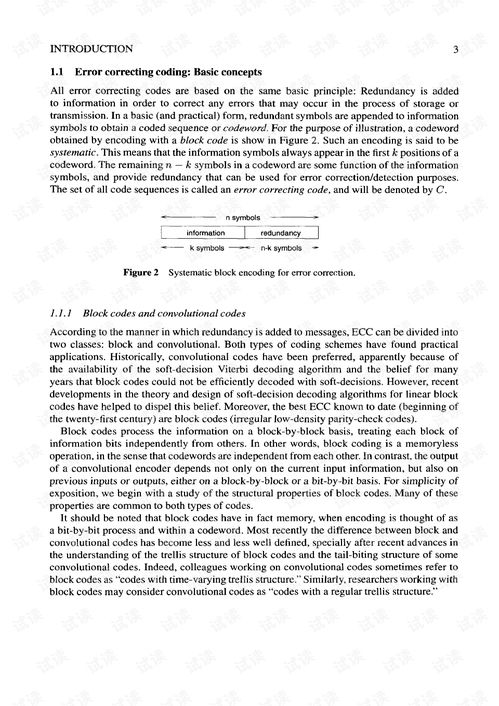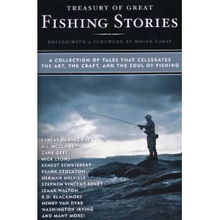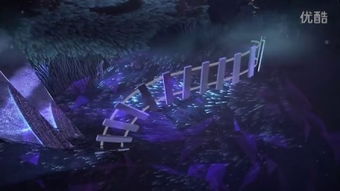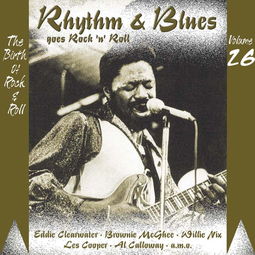Content:
Embarking on the thrilling journey of fishing can be an incredibly rewarding experience, whether you're aiming to relax and unwind or looking to catch the big one. However, for beginners, the world of fishing can seem daunting and overwhelming. Fear not! With the right tips and techniques, even the most inexperienced angler can become a seasoned pro. Here's a comprehensive guide to help you play the fishing game like a pro, even as a beginner.
Understand the Basics
Before you cast your line into the water, it's crucial to understand the basics of fishing. Familiarize yourself with the different types of fishing rods, reels, lines, hooks, and lures. Each component plays a vital role in your success, so take the time to learn about them.
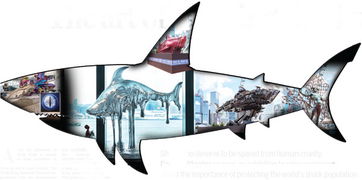
- Rod and Reel: Choose a rod and reel that are appropriate for the type of fishing you plan to do. Lightweight rods are ideal for beginners, as they are easier to handle and less likely to cause fatigue.
- Line: The type of line you use depends on the fish you're targeting and the environment you're fishing in. Monofilament is a popular choice for beginners due to its flexibility and strength.
- Hooks: The size and type of hook you use should match the bait and the fish you're trying to catch. Larger hooks are suitable for bigger fish, while smaller hooks are better for smaller species.
- Lures: Lures mimic the movement of real fish and can be very effective. Start with simple, basic lures that are easy to use and understand.
Choose the Right Location
The best spot to fish can vary greatly depending on the species you're targeting and the time of year. Here are some tips to help you find the perfect fishing spot:
- Research: Before you go, research the best fishing spots in your area. Look for local lakes, rivers, or streams that are known for the type of fish you want to catch.
- Season: Fish migrate and spawn at different times of the year. Understanding the seasonal patterns of the fish you're targeting can significantly increase your chances of success.
- Weather: Consider the weather conditions. Overcast days or times when the sun is at its lowest can be more productive for fishing.
Learn the Basics of Casting
Casting is a fundamental skill in fishing, and it's important to learn it correctly to avoid snagging your line or losing your bait. Here's a simple casting technique for beginners:
- Hold the Rod: Grip the rod with your dominant hand, with your thumb resting over the reel.
- Backcast: Bring the rod back over your head in a smooth, sweeping motion. The line should be tight as you do this.
- Forward Cast: As you bring the rod forward, release the line by opening your fingers slightly. The line should fly out smoothly.
- Practice: Casting takes practice, so don't be discouraged if it doesn't go perfectly the first time. Keep practicing until you're comfortable with the technique.
Understand Fish Behavior
To catch fish, you need to understand their behavior. Here are some key points to consider:
- Feeding Patterns: Fish are most active during certain times of the day, such as early morning or evening. These are the best times to fish.
- Habitats: Fish tend to stay in specific areas known as habitats. These can be under logs, around rocks, or near drop-offs in the water.
- Bait Selection: Use bait that matches the natural food source of the fish you're targeting. For example, if you're fishing for bass, using live bait like worms or minnows can be effective.
Patience is Key
Fishing is a game of patience. It's important to be prepared for long periods without a bite. Here are some tips to help you stay focused and patient:
- Comfortable Attire: Dress in comfortable clothing and footwear. You may be sitting or standing for extended periods, so make sure you're comfortable.
- Bring Snacks and Drinks: Stay hydrated and energized by bringing along snacks and drinks.
- Enjoy the Experience: Remember that fishing is not just about catching fish; it's also about enjoying the outdoors and the peacefulness of nature.
Respect the Environment
Lastly, always remember to respect the environment and the fish you're trying to catch. Here are some tips:
- Follow Regulations: Adhere to local fishing regulations, including size and catch limits.
- Handle Fish Carefully: When you catch a fish, handle it gently to avoid injury. Use a net if possible.
- Leave No Trace: Dispose of trash properly and leave the area as you found it.
By following these tips and techniques, you'll be well on your way to becoming a skilled angler. Remember, the key to success in fishing is practice, patience, and a deep respect for the sport and the environment. Happy fishing!
